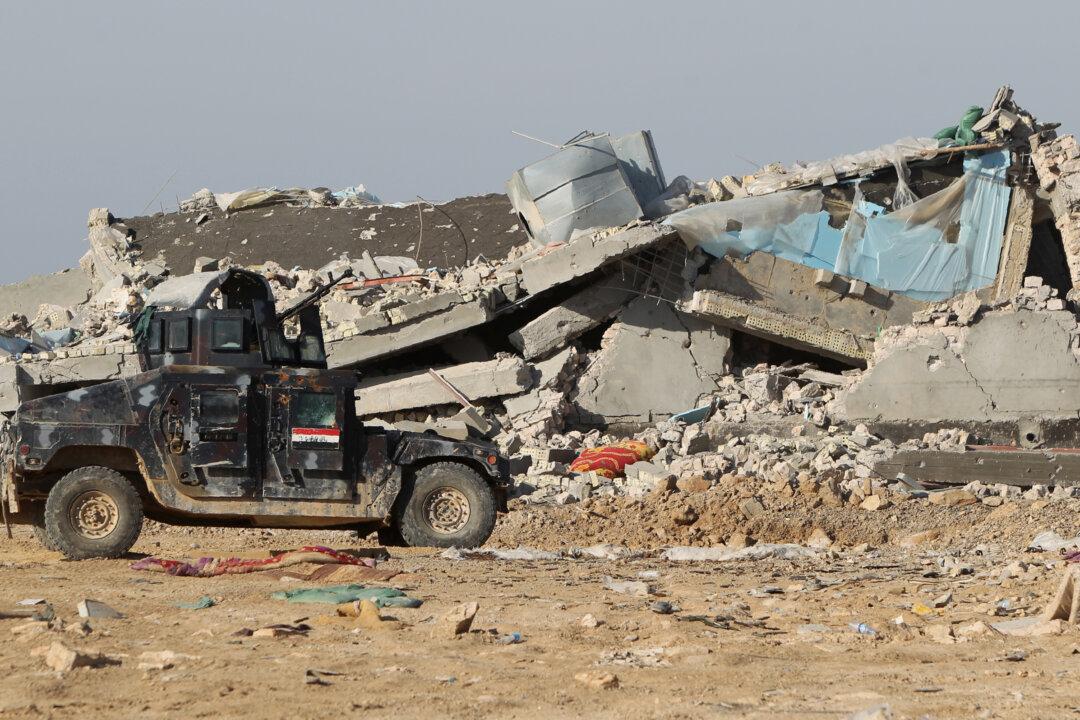After World War II the Allies refrained from either punishing Germany and Japan, or letting those shattered countries recover as best they could. Instead the Americans helped restore their former enemies’ economies so they could begin to rebuild. The generous U.S. aid that poured into Western Europe under the Marshall plan turned the region into a lucrative market for American consumer goods and provided reliable allies against the Soviet Union. The Germans in turn acknowledged the damage they had done under the Nazis and paid restitution to the survivors.
Similarly, the American occupation of Japan under Douglas MacArthur was wisely aimed at rebuilding a country whose cities had been turned to ashes by U.S. bombing. Again the result was to turn a wartime enemy into a friendly and potentially powerful ally against Communist China. Meanwhile, Japan was to remain demilitarized for the foreseeable future.
The United States emerged from a war that had killed 30 million people with its own cities intact, an expanding economy, and as the world’s most powerful nation. The war had exacted such a heavy toll on the Soviet Union that it could hardly compete. Nevertheless, Washington’s postwar foreign policy was devoted to preventing the spread of Soviet influence anywhere beyond Eastern Europe. To accomplish that end the United States was almost continuously at war, with American troops or proxy armies, wherever a country in Asia, Africa, or Central America seemed in danger of turning communist and coming into the Soviet orbit.
After each war, whether in Korea, Vietnam, Angola, Guatemala, Nicaragua, El Salvador, Kosovo, or Iraq, Washington showed little concern for the nature of the resulting government as long as it was anti-communist. Too often the resulting regime was either corrupt, or brutal, or both. Our current wars, in Afghanistan, Iraq, Libya, and Syria, show evidence of leading to a similar result.

